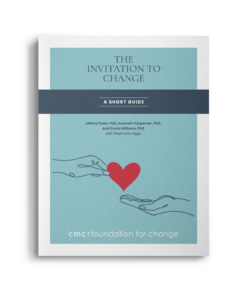Board Member
Pamela Jones, Ph.D., is a licensed clinical psychologist and psychoanalyst. She has worked as a clinician for over 20 years and with CMC since 2008. Dr. Jones earned her doctoral degree from Adelphi University, Derner Institute of Advanced Psychological Studies. She completed her predoctoral inpatient internship at the Payne Whitney Psychiatric Clinic of New York-Presbyterian Hospital Cornell and also a fellowship in the Outpatient Child and Adolescent Psychiatric Division. She obtained certification in psychoanalysis at the Post-doctoral Program in Psychoanalysis and Psychotherapy at New York University. Dr. Jones is currently training in Accelerated Experiential Dynamic Psychotherapy (AEDP) to treat trauma. She applies an eclectic approach to treatment utilizing psychodynamic, motivational, cognitive-behavioral, mindfulness, and trauma-informed techniques. In addition to treating individuals and their families at CMC, Dr. Jones runs a Women’s group and a Parent Group and is a trainer in our family model with CMC’s Foundation for Change. Her research interests have focused on adult attachment and how early relational schemas influence adult cognitive and interpersonal functioning. Dr. Jones is a clinical supervisor for Pace University’s clinical psychology doctoral program. Dr. Jones has a private practice on the upper east side.
Q&A
Get to know your trainer
There are few evidence-based treatment options for those with substance use disorders, and even less for their families. The Invitation to Change Approach is a method that I have seen be extremely beneficial for families because it provides concepts and skills to help a family convey important messages to their loved ones. Connection is key to countering substance use and mental health problems: we all need to feel known, accepted, and cared for. Families begin to understand the behaviors that drive their loved one’s substance use and then learn how to invite change through behavioral and communication strategies.
I am proud to be part of a mission that helps families know there is a way, a compassionate way, to reduce isolation, despair, and shame while increasing connection, acceptance, and willingness.
There is a profound shift that happens when parents begin to look at substance use from their loved one’s perspective, instead of their own or society’s. Parents feel compassion for their child in a new way and gain a deeper understanding of the reasons why their child continues to seek substances. It is an impactful “aha” moment that is central to the training.
Be patient with yourself.
Your self-care and self-awareness are both key in staying the course throughout the entire process of change. Change is hard and takes time! Remember your willingness and continue to practice, practice, practice – something ever so useful for your loved one.

